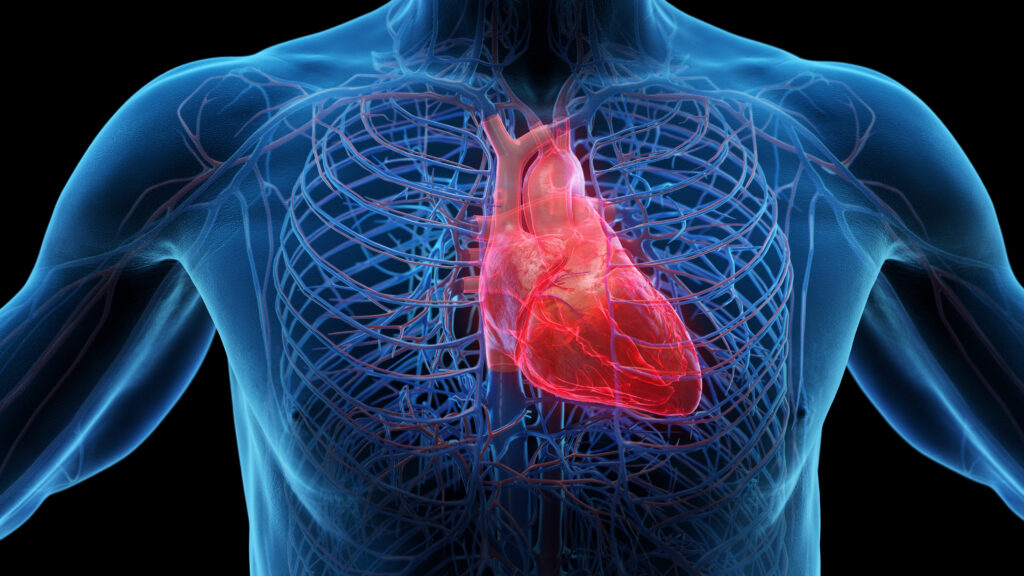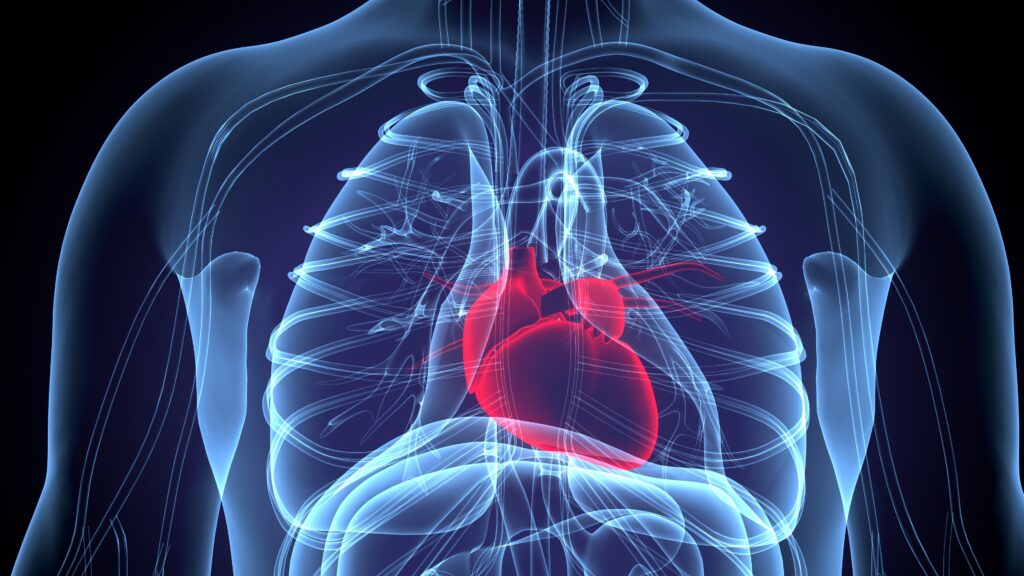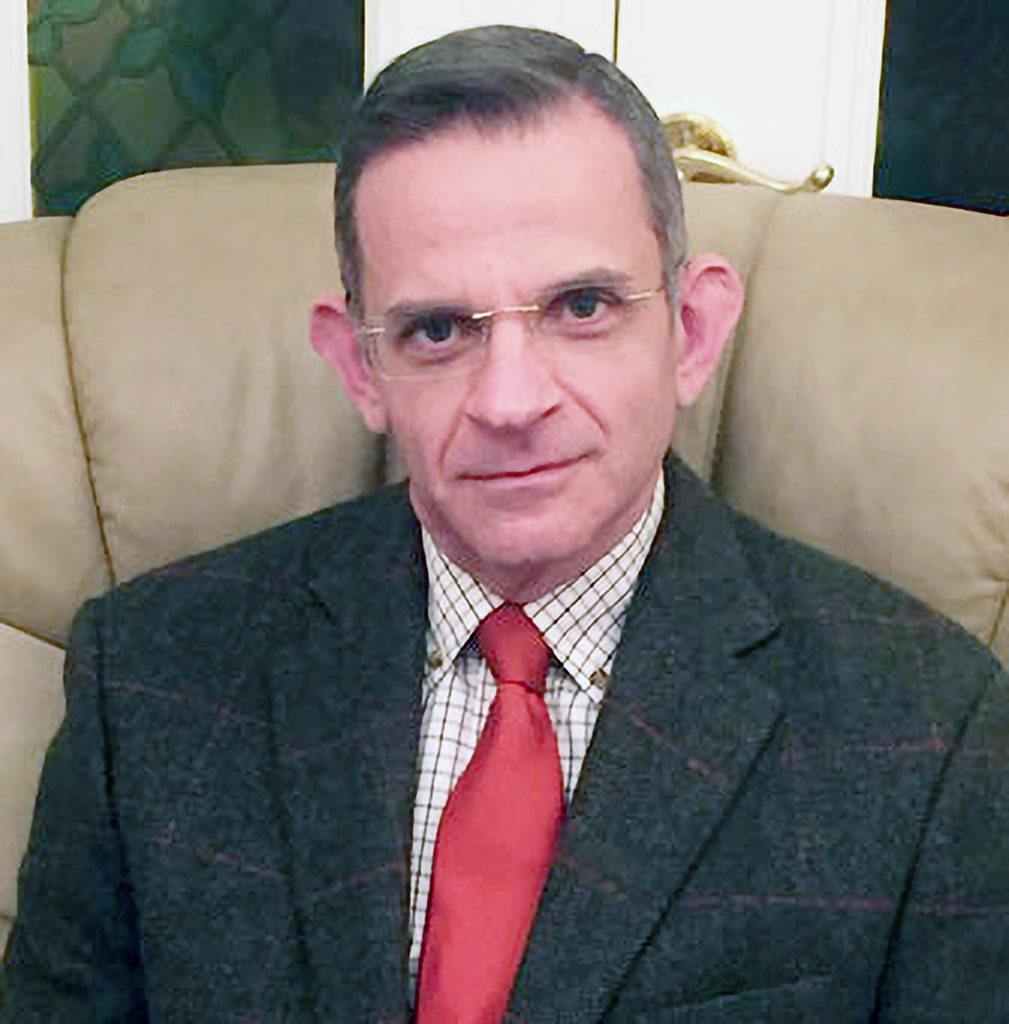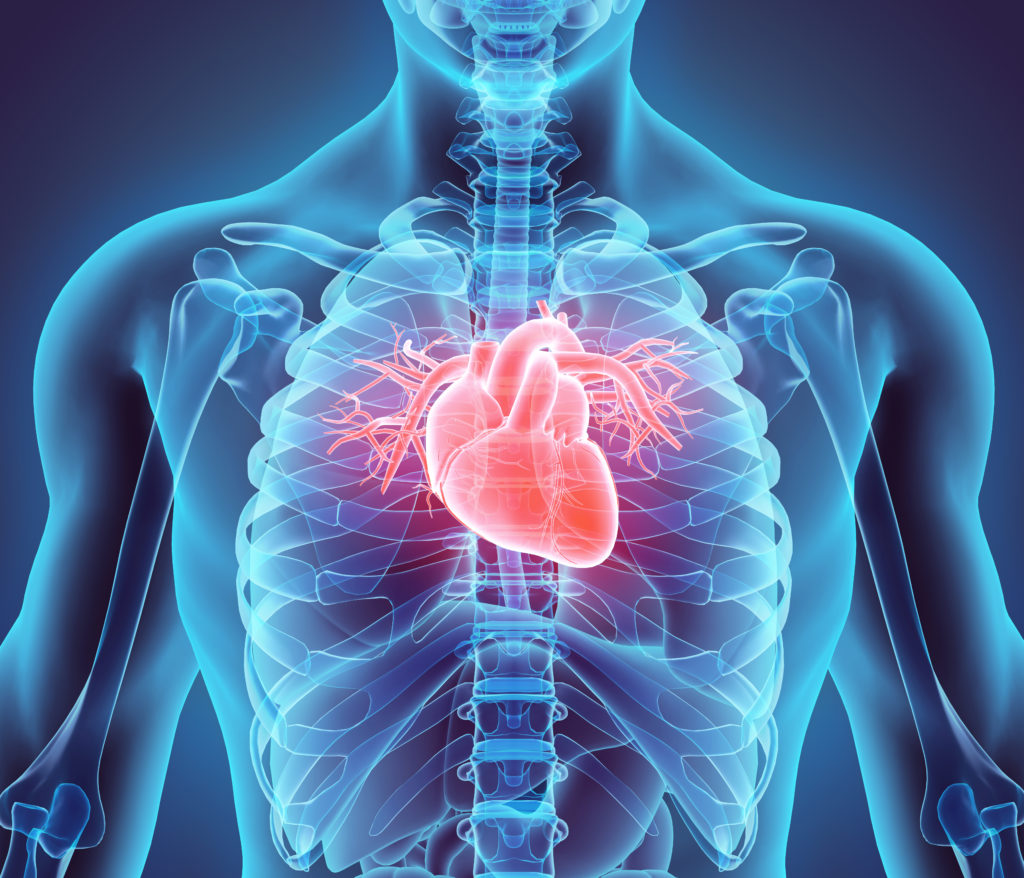Welcome to the latest issue of Heart International. The global coronavirus disease 2019 (COVID-19) pandemic has presented numerous challenges that have altered all areas of health care, including cardiology. Despite these challenges, the past year has shown significant innovation across the spectrum of cardiac care, as demonstrated in the diverse range of articles in this issue. COVID-19 has been associated with an increased risk of thromboembolic disease. We begin with an expert interview with Alex Spyropoulos, who describes the HEP-COVID (Systemic anticoagulation with full dose low molecular weight heparin (LMWH) vs. prophylactic or intermediate dose LMWH in high risk COVID-19 patients) trial, which explored thromboprophylaxis in high-risk hospitalized patients with COVID-19.
Our attention next turns to percutaneous coronary intervention (PCI). In an editorial, van der Sangen et al. discuss the increasingly used strategy of implantation of Xience everolimus-eluting stents followed by short dual antiplatelet therapy in patients at high bleeding risk undergoing non-complex PCI. We also feature a special report by Sheiban et al. on the management of coronary bifurcation lesions; they summarize the variables that influence outcomes and propose a standardized approach to dealing with these complex lesions. Marques et al. provide an update on drug-eluting technology in the percutaneous treatment of peripheral artery disease, following the 2018 meta-analysis that restricted use of these devices. Finally, Grundeken and Beijk review the potential advantages and clinical outcomes of ultrathin drug-eluting stents.
The burgeoning field of transcatheter mitral valve repair (TMVr) for mitral regurgitation continues to evolve rapidly. In a review article, Hinohara et al. consider the challenges of designing a TMVr system, as well as describing the latest clinical advances. Unlike other areas of cardiovascular disease, the treatment of cardiogenic shock remains unstandardized and has seen relatively few advances. Traditional management strategies for patients after out-of-hospital cardiac arrest (OHCA) are being challenged by recent data. In our final review article, Li Kam Wa et al. consider refinements of the optimal management of such patients after OCHA, based on recent clinical evidence.
Case studies remain a valuable means of highlighting unusual or unexpected clinical scenarios and observations regarding symptoms, clinical findings and complications of interventions. We present two case studies in this issue. In the first, Enab et al. describe an unusual case of pacemaker lead displacement at a relatively late stage. In the second, Samaja et al. describe a challenging case of endovascular leak after endovascular abdominal aortic repair.
Heart International would like to thank our authors for producing insightful and informative articles. A special thanks goes to our editorial board for their continuing guidance. We are grateful to all organizations and media partners for their ongoing support. We hope that you will find this edition enjoyable and informative. Please also take the opportunity to look at the videos on our website, www.touchcardio.com/, which features content from experts in cardiology. Finally, we would like to wish you an excellent holiday season and a happy 2022.
Magdi El-Omar
Dr Magdi El-Omar is a consultant interventional cardiologist at the Manchester Heart Centre, and an honorary senior lecturer at the University of Manchester, Manchester, UK. He graduated from St Bartholomew’s Hospital, London, in 1988 and undertook his postgraduate general medical training in London and Oxford. He then completed his general cardiology training in Birmingham, Oxford and Wales, before subspecializing in coronary intervention. The latter included a 2.5-year clinical/research fellowship in interventional cardiology at the Cardiovascular Research Foundation and the New York University Medical Centre, New York, USA. During his time there, he worked closely with leaders in the field, including Drs Greg Stone, Martin Leon, Gary Roubin, Frederick Feit and Aaron Marcus. Dr El-Omar has been involved in research for over 25 years. He undertook a 2-year British Heart Foundation Junior Research Fellowship in basic science (diabetic cardiomyopathy in a rat model) in 1997–1998, which led to the award of an MD degree by the University of London. He has since been actively involved in clinical research, especially in the fields of acute coronary syndromes and coronary intervention. He has authored more than 65 peer-reviewed articles, mostly in high-impact journals. He has been local principal investigator for several landmark, international, multicentre trials (e.g. HORIZONS-AMI, INFUSE-AMI, TOTAL, TWILIGHT, etc.). He is actively involved in education and training and is a course co-director of the International Complex Cardiovascular Catheter Therapeutics Conference in the USA.












